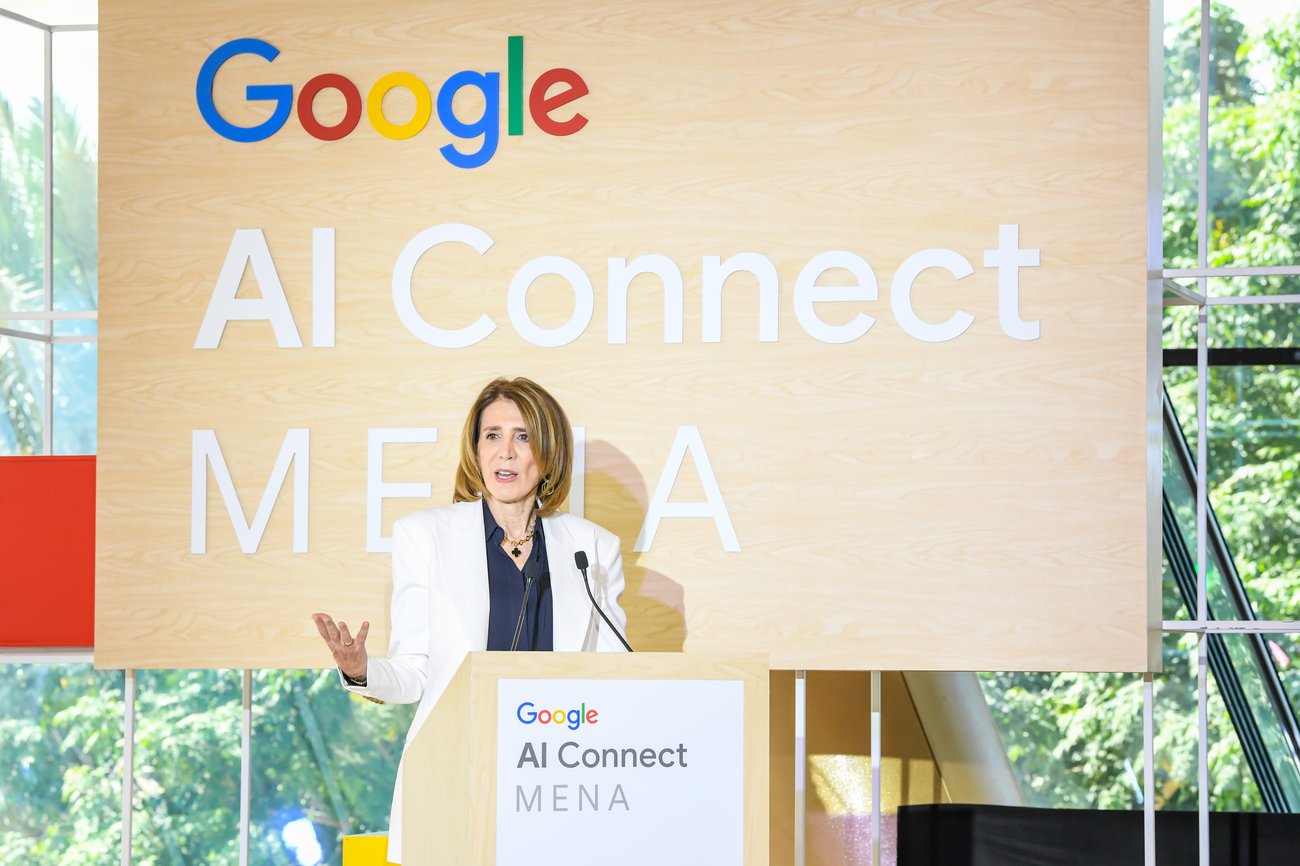The impact of artificial intelligence (AI) on the economies of the Middle East and North Africa (MENA) is projected to be transformative. By 2030, AI is expected to contribute over $320 billion in economic value, as highlighted by the Economist Impact Report. This significant potential, however, can only be fully realized if the populations in these regions are equipped with the necessary skills to harness AI technologies. To achieve this, collaboration with regional organizations is crucial to drive positive changes in communities.
In an effort to address this, a major AI initiative, called the AI Opportunity Initiative for the Middle East & North Africa, was launched recently. This initiative aims to provide essential AI skills, research funding, and access to beneficial AI products across the region. Google.org, the philanthropic branch of Google, has committed to investing $15 million by the end of 2027. This funding aims to ensure that the benefits of AI can be widely accessed by various communities throughout the region.
This new initiative builds on Google’s longstanding commitment to the MENA region. Since 2018, Google, in collaboration with local partners, has trained approximately 3 million people in essential digital skills. With the new AI Opportunity Initiative, the goal is to empower an additional half a million people over the next two years with critical AI skills. This effort is part of a broader strategy to integrate AI capabilities into the workforce, thereby enhancing economic growth and innovation.
AI Training Programs Across the Region
As part of this initiative, a new Arabic language AI-training curriculum is being launched. This curriculum is part of Google’s digital skills program, “Maharat min Google,” and is available on Coursera. The program aims to equip individuals with AI skills such as prompt engineering. This is a key area of AI that involves creating and refining data prompts to optimize AI responses. This training is designed to be accessible to underserved communities, ensuring that the benefits of AI are not limited to a select few.
To further extend the reach of AI skills, Google.org is providing a grant to Village Capital. This grant will help Business Support Organizations (BSOs) in countries including Bahrain, Egypt, Iraq, Jordan, Lebanon, Morocco, Palestine, Qatar, Saudi Arabia, Tunisia, and the UAE. These organizations will be equipped with resources and skills to train underserved workers in AI, expanding opportunities for those who may not have had access previously.
Earlier this year, Google announced the launch of the ‘Experience AI’ educational program. This program, developed by the Raspberry Pi Foundation and Google DeepMind, aims to improve AI literacy. Now available in Arabic, the program covers fundamental AI skills and concepts. To ensure widespread adoption, the Raspberry Pi Foundation will utilize grant funding from Google.org to train educators in AI literacy. This training will equip students, particularly those aged 11-14, with the knowledge to understand and safely navigate AI technologies. In the UAE and Saudi Arabia, this initiative is being carried out with the support of Amideast, a leading American nonprofit organization engaged in international education, training, and development activities in the Middle East and North Africa.
The Importance of AI Education
AI education is crucial not only for economic growth but also for fostering a society that can adapt to and thrive in a technologically advanced world. By providing AI education, individuals can develop critical thinking and problem-solving skills. These skills are essential in a world where AI is increasingly integrated into various aspects of life, from healthcare to finance to everyday consumer products.
Moreover, AI has the potential to address some of the region’s most pressing challenges. For instance, in sectors like agriculture, AI can optimize resource use and improve crop yields, which is vital in areas facing water scarcity and food security issues. In healthcare, AI can enhance diagnostic accuracy and personalize treatment plans, improving patient outcomes.
Good to Know: AI in the MENA Region
The MENA region is uniquely positioned to benefit from AI advancements due to its youthful population and rapid digitalization. According to a report by PwC, AI could contribute up to 14% of the region’s GDP by 2030. Countries like the UAE and Saudi Arabia have already recognized the potential of AI and have integrated it into their national development strategies. The UAE, for example, was the first country to appoint a Minister of AI and has launched several initiatives to boost AI research and development.
Conclusion
The AI Opportunity Initiative for the Middle East & North Africa represents a significant step towards empowering individuals and communities with the skills needed to thrive in an AI-driven world. By investing in education and training, the initiative aims to democratize access to AI, ensuring that its benefits reach all segments of society. As AI continues to evolve, such initiatives will play a crucial role in shaping the future of the MENA region, driving economic growth, and improving the quality of life for its people.
For more information on this initiative and how AI is shaping the future, you can refer to the original Economist Impact Report.
For more Information, Refer to this article.

































